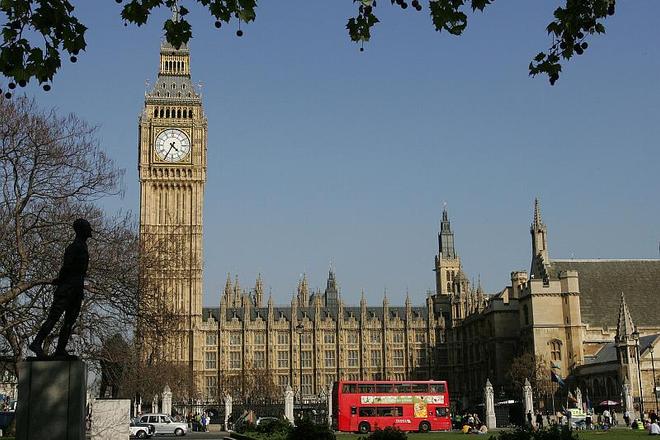BRITISH capital flowed into Central Europe after the fall of the Iron Curtain, but it only trickled into Slovakia until the country joined the European Union in 2004. However, Britain’s volume of investment in Slovakia remains moderate compared to other European countries.
British companies in Slovakia are mainly active in services, especially retail and consultancy. They consider their future prospects to be cooperation on the environment, research, and the automotive industry.
The UK’s investment in Slovakia represented 5.2 percent of the overall foreign direct investment as of 2006, based on statistics from the National Bank of Slovakia. This amounted to $963.3 million, which makes Britain the sixth largest investor in Slovakia, behind the Netherlands, Germany, Austria, Italy, and Hungary.
“It is true that, in the past, UK investors preferred Slovakia’s neighbours,” said Peter Repka, trade and investment manager at the British Embassy to Slovakia. “But in the last couple of years, especially after Slovakia’s EU accession, the interest is much higher and can be compared to that in neighbouring countries, or in some instances even higher.”
There are even companies who have started to relocate their Central European or regional headquarters to Slovakia because of location and costs, he added.
“Our statistics of dealings and interactions with British companies have been increasing steadily,” Repka said. “So the interest is here, but often there is a long way from the initial enquiry to concluding a business deal.”
The official statistics on foreign direct investment also may not reflect the many British companies in Slovakia that were not established directly by UK parent companies, but by subsidiaries in other countries, Repka said. The Netherlands and the Czech Republic are the countries most often used as bases for British investment. There are also franchises of British companies held by local companies, especially in the retail sector.
“That said, it would, of course, be good to see even more British FDI coming in,” Repka commented.
Lívia Eperjesiová, executive director of the British Chamber of Commerce in Slovakia, stressed that although the volume of British investment is not large comparatively, some British companies were quick to establish subsidiaries and trade representative offices in Slovakia in the early 1990s, between the Velvet Revolution and independence.
“So British influence in the country in terms of economic development is obvious,” Eperjesiová said.
British business circles praise Slovakia’s business-friendly environment, central location and competitive costs for running a business, according to the embassy.
On the other hand, the shortage of skilled labour in some regions is becoming a problem for doing business in Slovakia, Repka said.
Eperjesiová also mentioned red tape as an obstacle that some companies continue to confront.
“Often it can take time for transactions and small details to be finished, causing profit loss,” she added. “Contracts have to be very clear, often drafted in several languages, and the process of obtaining the necessary documents and licensing is not completely streamlined.”
Other UK companies in Slovakia are active in accounting, financial and legal services, construction consultancy, property development and tourism.
In the area of manufacturing it is mainly automotive component suppliers and manufacturers and defence equipment suppliers leading the way, Repka said. There are also companies in printing and packaging, pharmaceuticals, textiles and clothing.
As far as expanding cooperation between the countries, Slovakia could use British experience in environment-related areas, such as tackling climate change, setting a low-carbon agenda, promoting tourism, and training skills.
Slovak businesses could also look for investment opportunities and activities related to the 2012 Olympics in London, Repka said.
Repka also sees potential in the automotive industry and business services.
However, it will be important to concentrate on the higher value-added industries like electronics, ICT, nano-technologies and research & development, he said.
According to British statistics, the overall volume of bilateral trade between Slovakia and the UK reached GBP1.6 billion in 2007, compared to about GBP900 million in the previous year. This represented an increase of 77 percent.
“The balance is to Slovakia’s credit, so Britain has to work harder to catch up,” Repka said.
Based on the British statistics, the UK exports road vehicles, machinery, electrical equipment and non-ferrous metals. Slovakia chiefly exports telecommunications and ICT equipment, road vehicles, electrical machinery and construction equipment for plumbing, heating, and lighting.
The largest UK investor in Slovakia is the Tesco retail chain, but there are many companies that are not as well known for being British-owned, Repka said.
These include the Piešťany spa, the Aquacity water park resort in Poprad, the Air Slovakia airline, the Profesia job search website, and the publishers of the Pravda daily.

 The Houses of Parliament in London. (source: SITA)
The Houses of Parliament in London. (source: SITA)